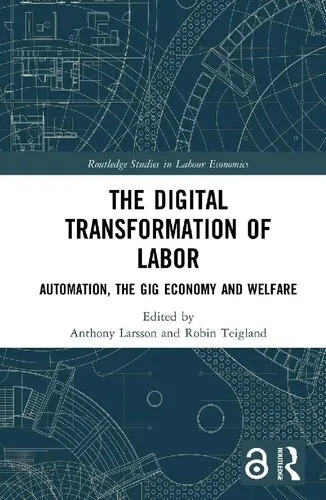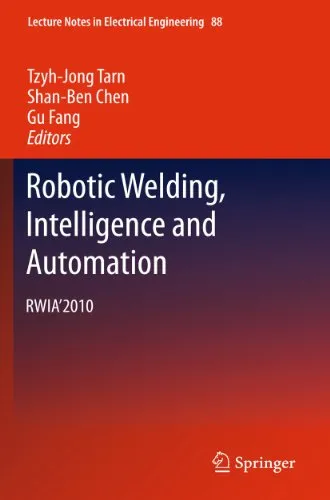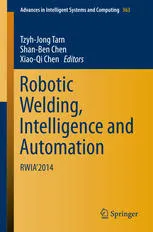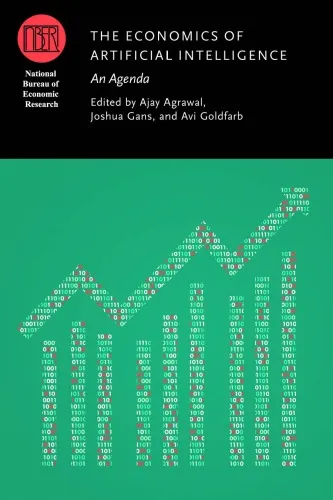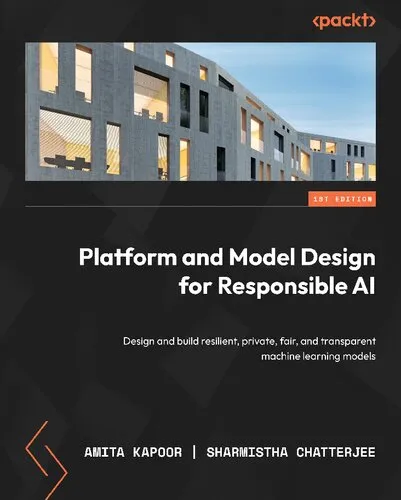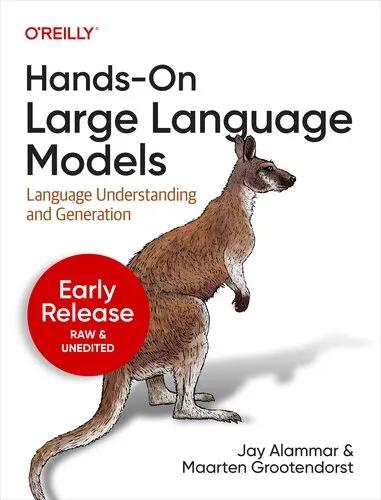The Digital Transformation Of Labor: Automation, The Gig Economy And Welfare
4.0
Reviews from our users

You Can Ask your questions from this book's AI after Login
Each download or ask from book AI costs 2 points. To earn more free points, please visit the Points Guide Page and complete some valuable actions.Related Refrences:
Introduction to "The Digital Transformation Of Labor: Automation, The Gig Economy And Welfare"
In this book, we delve into the intricate and evolving landscape of labor in the digital age—an age dominated by automation, the gig economy, and evolving welfare systems. As the world stands on the cusp of a new era, understanding these transformations is not just beneficial; it is essential for anyone looking to navigate the future of work.
Detailed Summary
The book explores the multifaceted impact of digital transformation on labor markets worldwide. It discusses the emergence of automation technologies and their profound effect on traditional employment structures. Automation is transforming various sectors, leading not just to the displacement of certain jobs but also to the creation of new opportunities that demand different skill sets.
The gig economy, characterized by short-term contracts and freelance work, is another focal point. We examine how this flexible work culture is reshaping employment paradigms and challenging conventional welfare state models. The book raises important questions about the sustainability of such economic models and the societal and personal impacts they bring.
Finally, the book addresses the question of welfare in an era that demands new forms of social security nets. It stresses the importance of innovative approaches to welfare that can accommodate the fluctuating nature of modern employment and support workers in transition.
Key Takeaways
- Understand the deep implications of automation on jobs and future employment patterns.
- Explore the transformative role of the gig economy in reshaping the labor market.
- Examine the need for revolutionary changes in welfare systems to meet the demands of current and future workforces.
- Gain insight into policy recommendations for balancing technological advancement with socioeconomic welfare.
Famous Quotes from the Book
The future of work is not just about the replacement of human labor, but the reinvention of the very concepts of work and productivity.
In this digital era, adaptability is the new competitive advantage—and welfare systems must evolve to sustain this transformation.
The gig economy is not a temporary trend; it is a fundamental shift in the nature of work and economic participation.
Why This Book Matters
This book is an essential read for policymakers, business leaders, educators, and anyone involved in the workforce. As the dynamics of labor continue to change rapidly, its insights offer a comprehensive analysis of how society can harness technological advancements for economic growth while ensuring social welfare. The book emphasizes the critical need for innovative approaches to education, policy-making, and social welfare systems to mitigate the challenges posed by these new labor dynamics.
By addressing the intersection of automation, gig economy, and welfare, the book provides a roadmap for fostering a more resilient and inclusive workforce. It is a clarion call to rethink how we conceptualize employment and ensure that digital transformation leads to shared prosperity and not increased inequality.
Free Direct Download
You Can Download this book after Login
Accessing books through legal platforms and public libraries not only supports the rights of authors and publishers but also contributes to the sustainability of reading culture. Before downloading, please take a moment to consider these options.
Find this book on other platforms:
WorldCat helps you find books in libraries worldwide.
See ratings, reviews, and discussions on Goodreads.
Find and buy rare or used books on AbeBooks.
1498
بازدید4.0
امتیاز0
نظر98%
رضایتReviews:
4.0
Based on 0 users review
Questions & Answers
Ask questions about this book or help others by answering
No questions yet. Be the first to ask!
